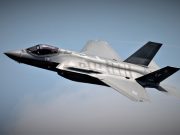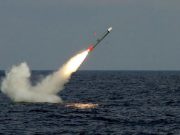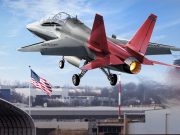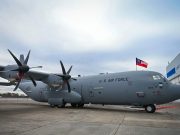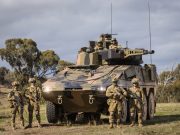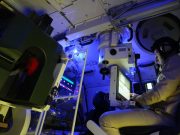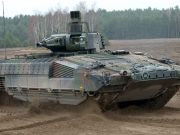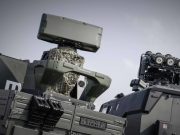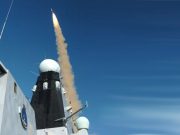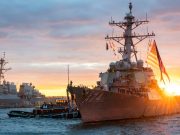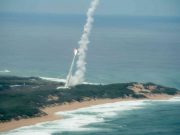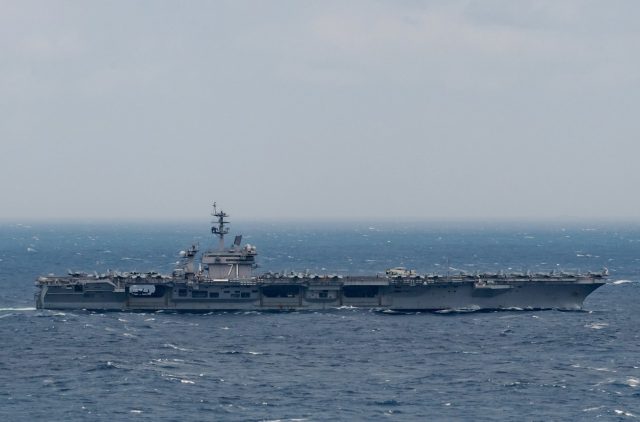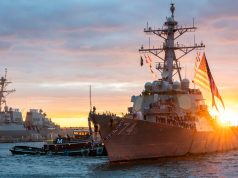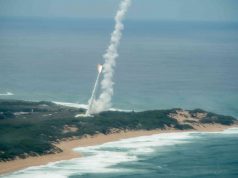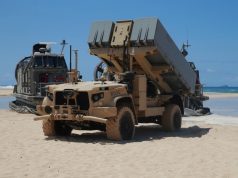After the Pentagon first confirmed on March 25 that three US Navy sailors aboard nuclear-powered aircraft carrier USS Theodore Roosevelt tested positive for the COVID-19 coronavirus, testing is now revealing further cases.
The ship pulled into Guam shortly after the first cases were discovered. While the navy noted that the Guam stop was a scheduled port call, the carrier is likely to spend more time in port than expected as an intensive testing campaign continues.
A Nimitz-class carrier usually deploys with around 6,000 sailors onboard.
“We are taking this threat very seriously and are working quickly to identify and isolate positive cases while preventing further spread of the virus aboard the ship. No Sailors have been hospitalized or are seriously ill,” Chief of Naval Operations, Adm. Mike Gilday, said in a statement.
“Immediate priority will be symptomatic sailors, those in close contact with sailors who have tested positive already, and essential watch standers. We are isolating those who test positive. Testing will continue as necessary to ensure the health of the entire ship’s crew.”
“We expect additional positive tests, and those sailors who test positive will be transported to the US Naval Hospital Guam for further evaluation and treatment as necessary. During the port visit, base access will be limited to the pier for Roosevelt’s sailors. No base or regional personnel will access the pier.”
Prior to the coronavirus outbreak onboard, the carrier completed a South China Sea exercise with Japan-based amphibious assault ship USS America.
Earlier this month, the ship also completed a port visit to Vietnam, becoming only the second carrier to visit the country since the 1970s.
USS Theodore Roosevelt started its Indo-Pacific deployment by getting underway from San Diego in January this year.




